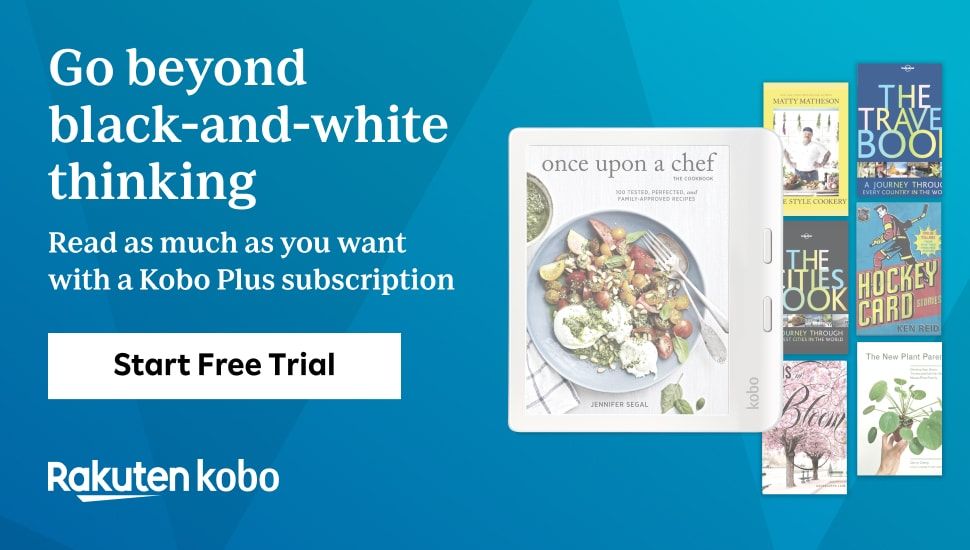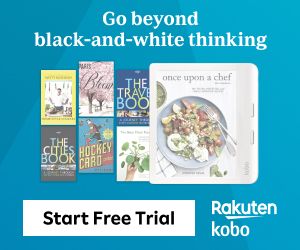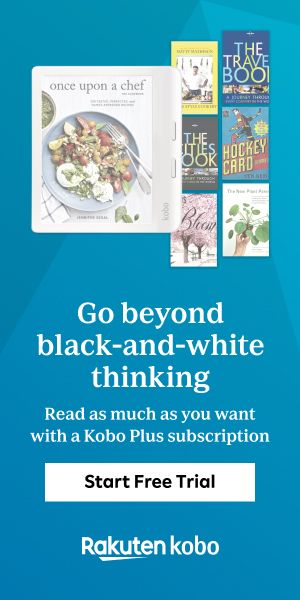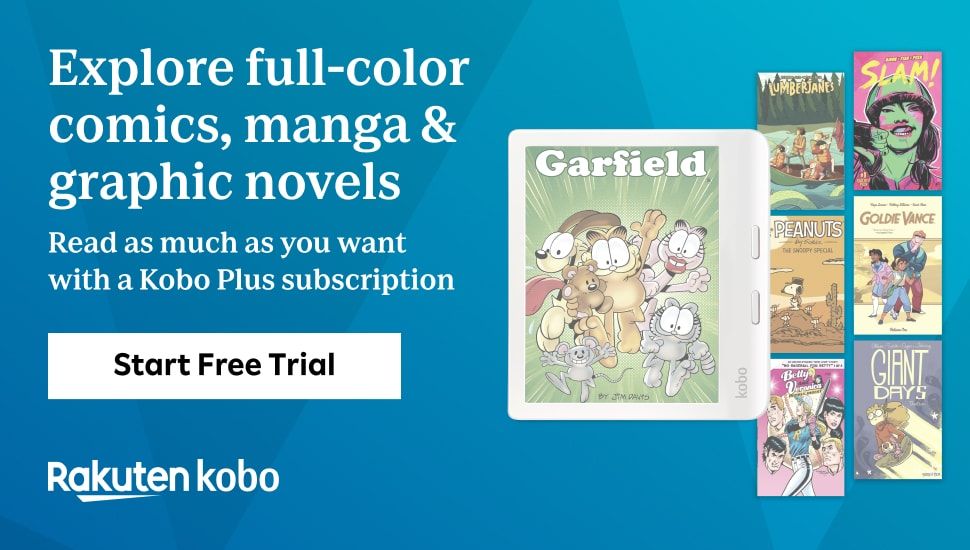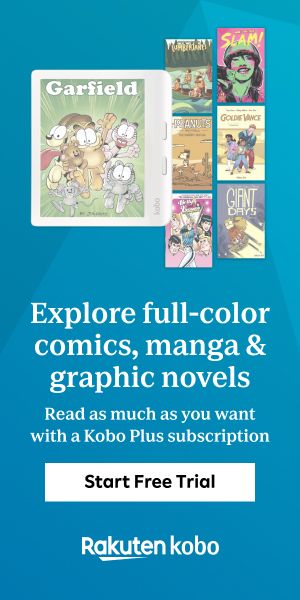
Reading at 25: Learning To Be Less Judgmental
As of June 27th, I turned 25 years old. Besides now being able to rent a car, I like to think this age mark is important for me as a reader. Over the past quarter-century, my relationship with books has evolved.
One of my earliest memories is of my parents reading to me, which happened on a nightly basis. They continued to read to me long after I had the ability to read on my own, and for a long time I thought this was the way everyone grew up. Since I experienced a household that was avid about me learning to read and enjoy books, I thought all households were similar. I figured all kids had a shelf full of books in their bedroom. Only very recently have I realized this is not necessarily the case, and I am grateful to my parents for instilling in me a love of literature.
This, of course, led to an evolution that gets hairy. I was a book snob throughout college, and was resistant to a lot of genres of books until more recently than I’d like to admit. I had the gut reaction to frown on books that were outside of my wheelhouse (which consisted primarily of canonized dead white guys). I used to sigh at some of my close friends for reading YA, despite the fact that they introduced me to great writers in the genre. I was a constant pedantic force at parties and somehow thought I was developing an esoteric viewpoint of the world. (I’ve written about this before.)
At age 25, I’ve come to realize that this type of behavior leads to poor results. Using books as a weapon is an isolating quality, one that forever puts all those seeking validation of their intellect in constant jeopardy. When I was little, I read simply because I enjoyed it, not realizing the politics of literacy or the implications of literary culture. There were no such things for me as “well-read,” or “literary merit.” I was just a kid reading the Redwall series and talking about it at school with my friends. Then suddenly I woke up one day and had a bunch of big ideas about what people should be reading.
In retrospect, it’s easy for me to see that sticking to a small selection of literature did the opposite of my intended goal. When I was an undergrad, I wanted others to see that I was hip for reading iconoclastic classics that have ironically become the standard literature for middle-upper class kids of my age. When I see people on the Internet opining that people should only read Pynchon and Dostoevsky, I realize I used to be in that same camp.
By age 23, I think this feeling of superiority started to dissolve. I expanded my reading selection dramatically, threw away all my inhibitions about what constituted literature, and began writing with readers in mind. This last tenant is important in that most of my writing used to be a veiled way of showing off what I thought I knew about books. Then at some point I realized there are over 100 million books in the world and everyone deserves to read what makes them happy. I’m still adjusting this thought process all the time, because it takes time to chip away at old prejudices. I can acknowledge that I’m still very much imperfect in this way, especially in regard to a certain large corporation named after a river.
Moreover, I’m still trying to correct my former reading habits in a way that is yet to seem fully natural. I continue to read more books written by women and POC, and have started enjoying new genres outside of the literary canon. BUT, this is done consciously and analytically, in a way that sometimes feels like I’m trying to counterbalance my prior monochromatic tendencies. While diversifying my book selection continues to feel less calculated as I age, the fact is that it is still something I take into account, and is likely something I will always consider when adding books to my TBR.
I recently began my first adult desk job as a content writer in Chicago (before I was a busboy at a couple of restaurants in Ann Arbor, Michigan) and several times a day I am reminded that I am still young and learning. I am constantly making errors in grammar and style. There will never be a day when I wake up and will have read everything. I won’t one day write something that I look back at later and believe can’t be improved upon. This is one of the realities of life, so why do we seem to have different expectations of other readers?
What it comes down to is that by age 30, my relationship with books will hopefully look much more inclusive than it does at 25. However, as I burgeon into this mid-twenty-something phase, delving into the tawdry 40-hour work week for the first time, I want to think that I’m already off to a good start. I have much of that to thank to working with a staff of Rioters who are incessantly discussing underrepresented corners of the literary world and collaborating to reach readers from every background.
So, at half way to 50 I’ll say this: I think reading culture benefits from inclusivity, respectfulness, and open-mindedness. That probably sounds cheesy as all hell, but it’s what I believe.
P.S. Sorry if this sounded self-serving or pompous, that’s something I’m gonna be working on as well.
